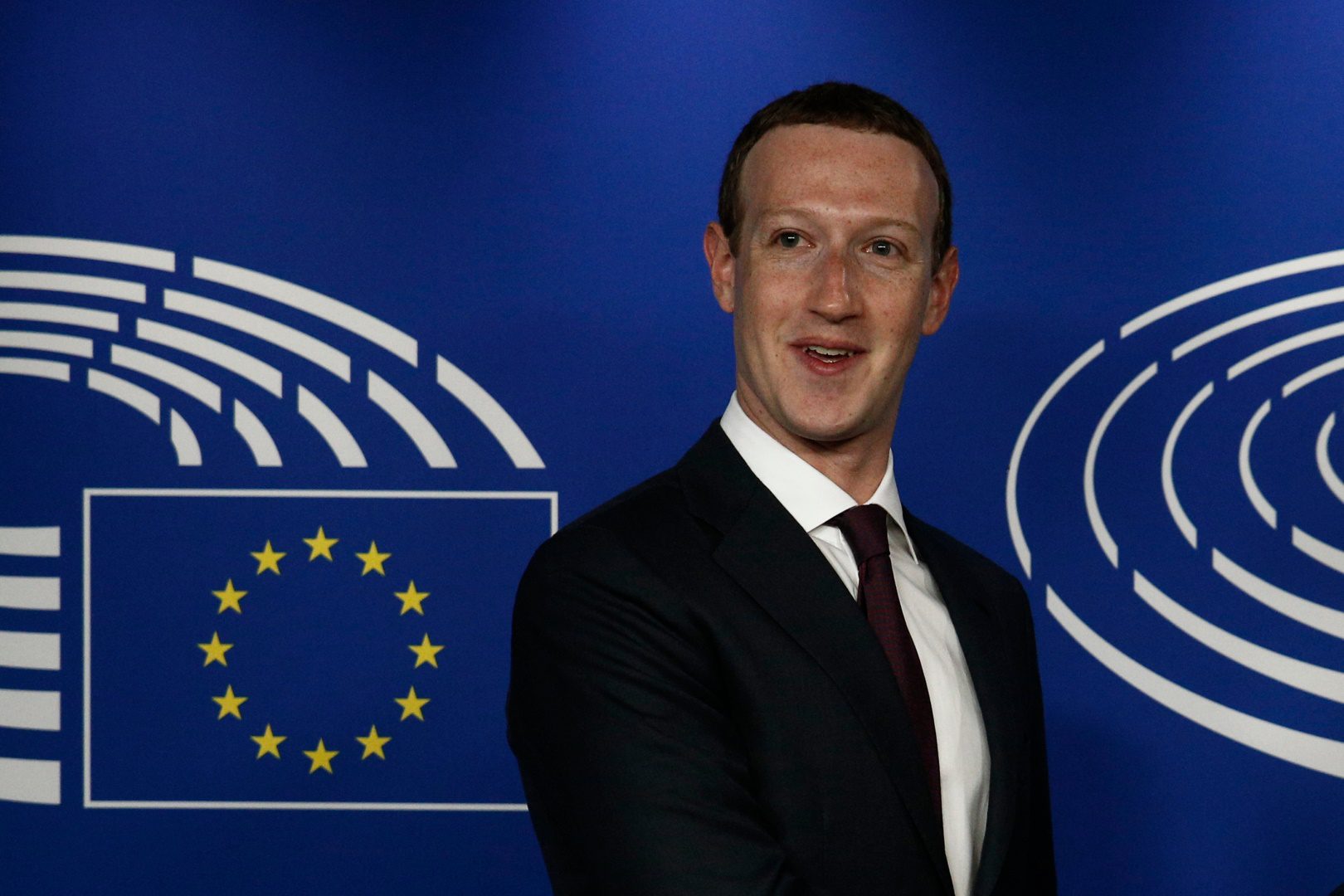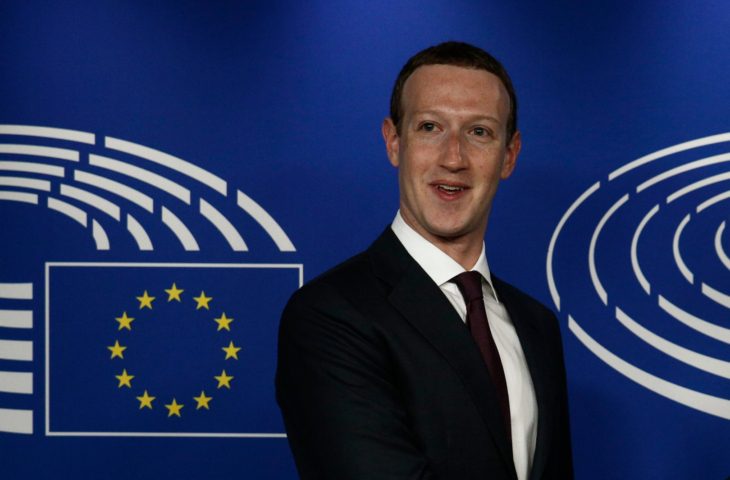Meta is exploring the possibility of launching an ad-free version of Instagram on mobile devices and the combination of Facebook and Instagram on PC in Europe.
It is an open secret that the EU wants to limit the collection of data in return for “free” use of services. According to the Wall Street Journal, Meta is toying with the idea of launching paid subscriptions to ad-free versions of Instagram and Facebook.
The move is not surprising as social media platforms worldwide are under pressure from data protection regulators as marketers become increasingly picky about their budgets.
According to WSJ, Meta expects to pay a monthly fee of $14 (13.4 euros excluding VAT) for an ad-free version of Instagram on mobile devices. For 17 dollars (16.2 euros excl. VAT) you get access to Facebook and Instagram, but only on the desktop.
According to people close to the project, an official announcement will be made in the coming weeks. Discussions are currently underway with Ireland and Brussels to offer the ad-free version for a fee, in addition to the option to continue using everything for free.
“Fundamental rights are at risk”
The reactions to the rumor didn’t take long to arrive. Max Schrems, notorious Austrian data protection activist, reacts dissatisfiedly. “Fundamental rights cannot be bought. Will we soon have to pay for our right to vote and speak? These plans from Meta mean that the rich can enjoy these rights while there are many people who struggle to make ends meet.”
He calls the new development a “big shift” toward privacy and tells Ars Technica that he will “do everything he can to challenge this in court.”
Meta generated revenue of $32 billion in 2022, of which $31.5 billion came from advertising. In Europe, the company had sales of $7.2 billion last year, Meta’s second-largest market after the United States and Canada.
In May this year, Meta received a hefty fine of 1.2 billion euros for violating European rules on the transfer of personal data to so-called third countries, in this case the USA, without guaranteeing user privacy.














